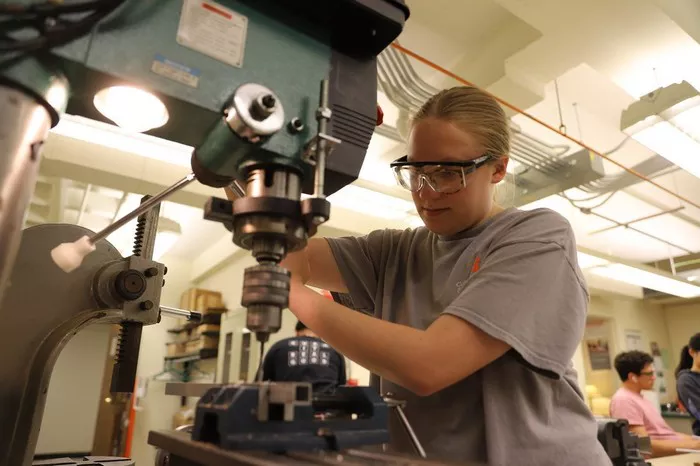The China Aerospace Science and Technology Corporation (CASC) announced a major milestone in commercial spaceflight on Tuesday, confirming the successful second-stage propulsion system test for a reusable launch vehicle. The achievement marks a significant breakthrough in China’s push for cost-effective and sustainable space exploration.
The tested engine, YF-102V, is an open-cycle liquid oxygen-kerosene high-altitude engine designed for medium-sized, cost-efficient launch vehicles. It boasts multiple restarts, bidirectional gimbaling, and an improved thrust-to-weight ratio, enhancing both performance and cost-effectiveness. CASC emphasized that these capabilities are crucial for achieving large-scale, low-cost access to space while maintaining high reliability.
During testing, the engine successfully demonstrated its ability to restart multiple times, adapt to varying inlet conditions, and sustain prolonged pre-cooling. The research team overcame more than a dozen technical challenges over two and a half years, and the engine is now ready for deployment. It is expected to undertake its first commercial flight later this year.
China Expands Commercial Space Capabilities
China’s push for reusable rocket technology aligns with its broader strategy to strengthen its commercial space sector. On April 2, 2023, CASC’s Sixth Academy provided three 85-ton open-cycle liquid oxygen-kerosene engines for the maiden flight of a commercial launch vehicle, setting new domestic records.
Liquid oxygen-kerosene and liquid oxygen-methane engines are now widely adopted by multiple Chinese space companies for first and second-stage propulsion. CASC aims to accelerate development cycles to further integrate liquid rocket engine technology into commercial space missions.
Mass Production Facility to Boost Rocket Engine Supply
In Baoji, Northwest China’s Shaanxi Province, a state-of-the-art liquid rocket engine assembly line is set to begin production by the end of March. The facility is expected to manufacture 300 engines annually, producing one engine approximately every 1.2 days. CASC stated that this production capacity will help China solidify its competitive position in the global commercial space race.

